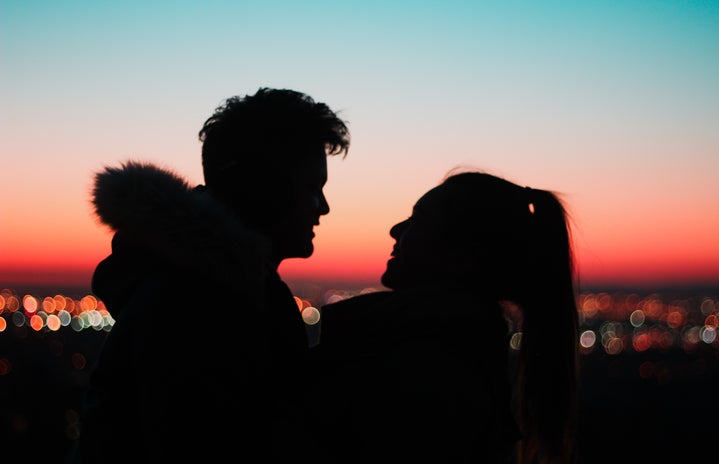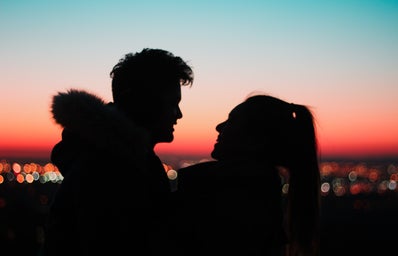“I’m gay and I act how I act. Therefore, I am gay acting” a friend recently said to me, having been complimented on his apparent skill of acting “straight”. Whilst comments such as “Wow, you don’t seem gay!” are considered harmless or even complimentary by many, the reality is that they re-enforce the negative implication that in order to truly identify as a sexuality other than straight, you must fit a certain appearance and behave in a certain manner. Overwhelmingly, this “gay” persona expected of LGBTQ+ people is one full of outdated stereotypes gained from seeing one too many “gay best friends” in rom coms.
In 2015, when I first began dating a girl, the primary reason expressed by my friends and family for their surprise at the situation was my appearance. Despite my being open with many of them about my attraction to girls in the past, they were shocked at my decision to date one seriously because I “didn’t look lesbian”. When pressed on this issue, one person reminded me that I didn’t have a sleeve of tattoos, plus I wore makeup, so was I sure this wasn’t just a phase? The manner in which questions such as this were delivered suggested not simply that I looked different to how they would expect a lesbian to look, but that I looked better. Again, this could have been taken as a compliment, but the reality is, they were re-enforcing negative connotations associated with my sexuality and others who identify as I do (I am bisexual but due to having a two-year relationship with a girl was often referred to, or referred to myself as a lesbian during this time period).
It is easy to simply dismiss these points as my being a “snowflake” about this issue. People thought I dressed well for a lesbian; that’s not a big deal, right? At least they thought I dressed nicely. But it is exactly that which is the concern. The phrase “for a lesbian” suggests that being gay is a negative thing, or at least has negatively perceived aspects, such as presenting in a none-heteronormative manner. I know most people making these comments weren’t homophobic, and I don’t want to suggest for a minute that these thoughtless comments were anywhere near what many other gay people have to go through because of their sexuality. However, for a lot of young people, coming out as gay is a hugely stressful period, and they rely greatly on their friends for support. For me, a friend enquiring anxiously: “you won’t start dressing like a man, now will you?” was something to laugh off, but someone less secure in themselves and their sexuality could take that as a distinct lack of acceptance.
It is ironic that whilst dating a girl, I could spend one day in a tracksuit and immediately be inundated with “dressing gay” jibes, yet now I wear my boyfriends clothes daily (watch out for my next ranting article about girl’s clothes not having pockets) and have not once had a “gay” comment thrown my way. Clearly then, the issue was not my clothes, but the fact that I was “flaunting” my lack of heteronormativity.
Also interesting to me is the lack of belief from strangers that you are gay if you don’t fit the stereotype. Obviously, I can only write from my experience as a girl and cannot therefore speak for males or gender non-conforming people, but having boys pull up chairs around you and your also very feminine girlfriend in a nightclub, in the misguided belief that you are kissing her for their enjoyment is always an odd experience. As is being informed angrily by a bouncer that “that won’t get you in any faster” for kissing in a club queue. Sorry Mr. Bouncer, but I have slightly more self-respect than to play to your sexual fantasies simply to gain entry to an overpriced disco. My girlfriend just looked pretty, and I wanted to kiss her.
I am more than aware that there are upsides to a “straight appearance”. Not once have I been harassed in the street whilst holding hands with a girl, and indeed, whilst the occasional kiss when out together did attract attention, it was more lecherous than anything else; only once have I been called a d*ke, and that was more of a poorly thought out “joke” than anything intentionally malicious. However, this serves to highlight society’s ongoing problem with openly queer individuals more than it does to demonstrate any form of true acceptance. Essentially, for many, the mantra seems to be “act like us in front of us, and we can ignore the rest”.


